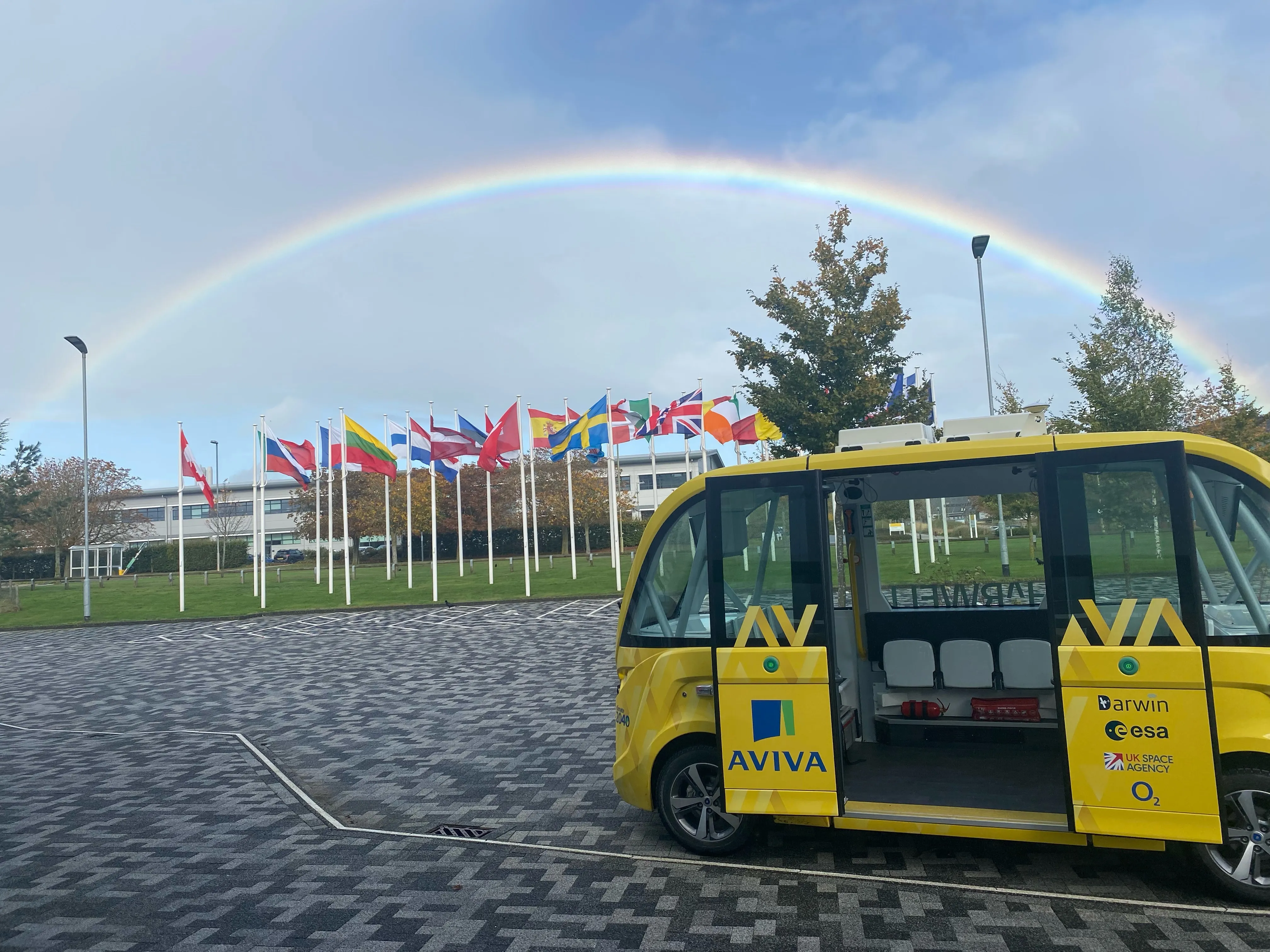Navya has launched its Autonom Cab (AC) to address the challenges urban populations face when travelling in and around cities. The cab, designed to be completely autonomous, comes without a cockpit, steering wheel or pedals and can carry up to six passengers.
December 5, 2017
Read time: 1 min
The Navya app enables users to order an AC and open and close its doors to start it up. It can also pre-empt traffic jams with the aim of getting users to their destinations on time.
AC has 10 Lidar sensors, six cameras, four radars, 2GNSS antennae and one inertial measurement unit. These sensors are intended to provide at least a triple redundancy across all functions, to ensure reliability. The onboard computer is capable of merging data received by the sensor architecture and its intelligence is based on high-performance steering and detection systems that combine a variety of technologies so that it can move around efficiently and safely.







